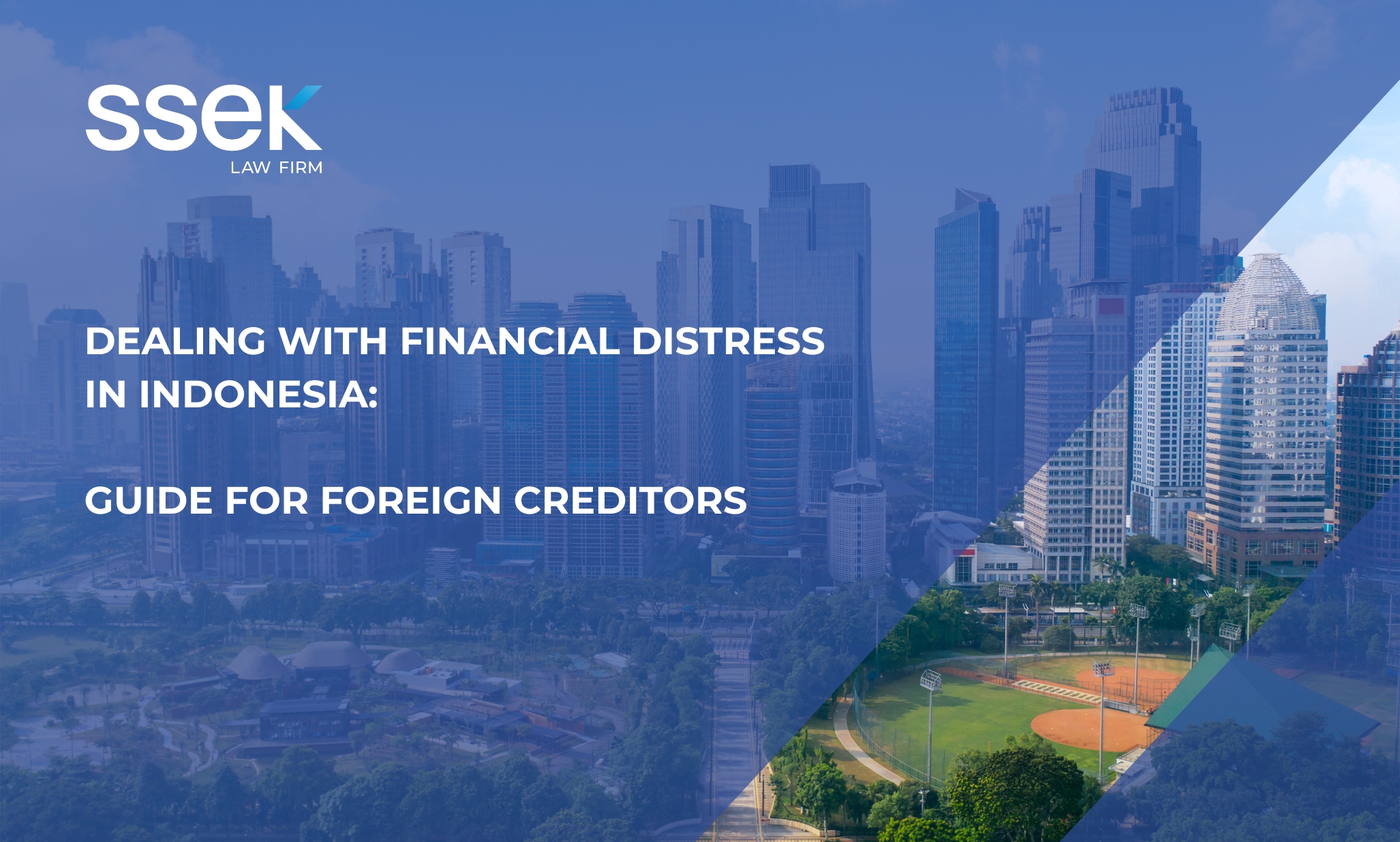

Indonesia acknowledges digital signatures or e-signatures as a valid signature, regulated by Government Regulation No. 71 of 2019 on the Implementation of Electronic Systems and Transactions (the Electronic Transaction Regulation). Under the Electronic Transaction Regulation, "digital signature" is defined as a signature comprising electronic information attached, associated or related to other electronic information used as a tool for verification and validation purposes.
A digital signature shall have a legal binding force to the extent that:
- the data used in forming the digital signature only relates to the signatory;
- the data used in forming the digital signature during the signing process shall only be under the control of the signatory;
- there is a certain method to identify the signatory; and
- there is a method to indicate that the signatory has given his or her consent to the related electronic information.
There are two types of digital signature recognised in Indonesia: certified digital signatures and uncertified digital signatures. A certified digital signature is created by procuring the services of an electronic certification provider and shall be evidenced by an electronic certificate. An uncertified digital signature is created without engaging the services of an electronic certification provider.
This first appeared in the Lexology GTDT e-Commerce 2021 global guide.
This publication is intended for informational purposes only and does not constitute legal advice. Any reliance on the material contained herein is at the user's own risk. All SSEK publications are copyrighted and may not be reproduced without the express written consent of SSEK.









